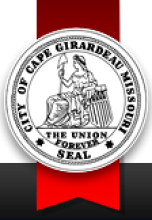Referendum Lights Up Lyndon Fiber - Community Broadband Bits Podcast 272

Michigan's Lyndon Township set a local election turnout record in August when voters supported a measure to build a municipal fiber network by 2:1 margin. The initiative was largely organized and supported by the Michigan Broadband Cooperative, a local effort to improve Internet access in the community.
To better understand their approach, organizing, and future plans, we have three guests on episode 272 of the Community Broadband Bits podcast. Ben Fineman volunteers as the president of the Michigan Broadband Cooperative, Marc Keezer is the Lyndon Township Supervisor, and Gary Munce led the ballot campaign and is also a board member of the Michigan Broadband Cooperative.
We discuss a variety of issues around their approach, including how the increased property tax to pay for the network will work. We also discuss the education campaign, next steps, and their hopes for helping other communities avoid at least some of the hard work they went through.
This show is 30 minutes long and can be played on this page or via Apple Podcasts or the tool of your choice using this feed.
Transcript below.
We want your feedback and suggestions for the show-please e-mail us or leave a comment below.
Listen to other episodes here or view all episodes in our index. See other podcasts from the Institute for Local Self-Reliance here.
Thanks to Arne Huseby for the music. The song is Warm Duck Shuffle and is licensed under a Creative Commons Attribution (3.0) license.


